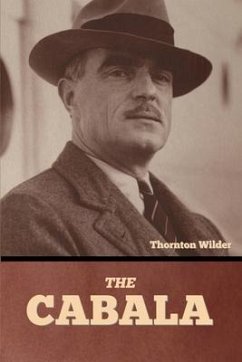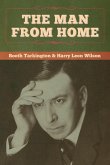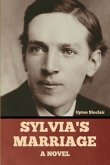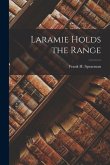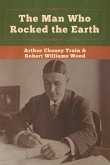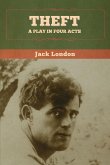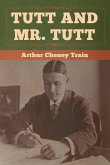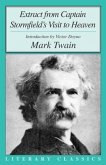Ironic and self-ironic, unapologetically literary, urbane and heady. Reads, for the most part, like Woolf or Forster, occasionally reaching wry delights: "When the bourgeoisie discovered that she was accepting invitations there was a tumult as of many waters." This is a book where you get the feeling that the trees, as it were, are more important than the forest. And then, after weaving this glittering verbal spell, the story pounces from behind it and flexes: does things that I not only haven't seen done but still can't imagine being done in serious literature. This is absolutely a hidden gem of American lit. I think you should read it and see what I mean. (J. Alfred) Bio Thornton Wilder, in full Thornton Niven Wilder, (born April 17, 1897, Madison, Wisconsin, U.S.-died December 7, 1975, Hamden, Connecticut), American writer whose innovative novels and plays reflect his views of the universal truths in human nature. He is probably best known for his plays. After graduating from Yale University in 1920, Wilder studied archaeology in Rome. From 1930 to 1937 he taught dramatic literature and the classics at the University of Chicago. His first novel, The Cabala (1926), set in 20th-century Rome, is essentially a fantasy about the death of the pagan gods. His most popular novel, The Bridge of San Luis Rey (1927; Pulitzer Prize), which was adapted for film and television, examines the lives of five people who died in the collapse of a bridge in 18th-century Peru. The Woman of Andros (1930) is an interpretation of Terence's Andria. Accused of being a "Greek" rather than an American writer, Wilder in Heaven's My Destination (1934) wrote about a quixotically good hero in a contemporary setting. His later novels are The Ides of March (1948), The Eighth Day (1967), and Theophilus North (1973). Wilder's plays engage the audience in make-believe by having the actors address the spectators directly and by discarding props and scenery. The Stage Manager in Our Town (1938) talks to the audience, as do the characters in the farcical The Matchmaker (1954). Wilder won a Pulitzer Prize for Our Town, becoming the only person to receive the award in both the fiction and drama categories. The Matchmaker was made into a film in 1958 and adapted in 1964 into the immensely successful musical Hello, Dolly!, which was also made into a film. Wilder's other plays include The Skin of Our Teeth (1942; Pulitzer Prize), which employs deliberate anachronisms and the use of the same characters in various geological and historical periods to show that human experience is much the same whatever the time or place. Posthumous publications include The Journals of Thornton Wilder, 1939-1961, edited by Donald Gallup, and Wilder's correspondence with Gertrude Stein, The Letters of Gertrude Stein and Thornton Wilder (1996), edited by Edward Burns and Ulla E. Dydo. (britannica)
Hinweis: Dieser Artikel kann nur an eine deutsche Lieferadresse ausgeliefert werden.
Hinweis: Dieser Artikel kann nur an eine deutsche Lieferadresse ausgeliefert werden.

